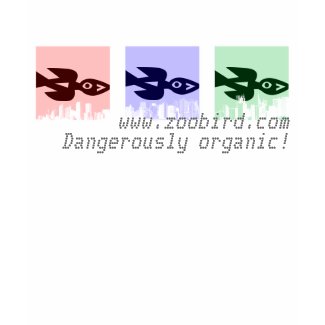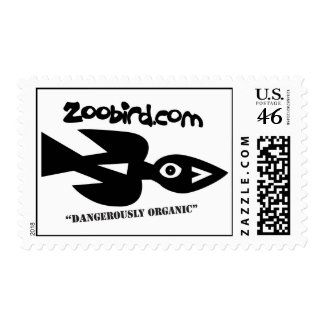Dangerously organic!

They're out of the dark's ragbag, these two
Moles dead in the pebbled rut,
Shapeless as flung gloves, a few feet apart-
Blue suede a dog or fox has chewed.
One, by himself, seemed pitiable enough,
Little victim unearthed by some large creature
From his orbit under the elm root.
The second carcass makes a duel of the affair:
Blind twins bitten by bad nature.
The sky's far dome is sane and clear.
Leaves, undoing their yellow caves
Between the road and the lake water,
Bare no sinister spaces. Already
The moles look neutral as the stones.
Their corkscrew noses, their white hands
Uplifted, stiffen in a family pose.
Difficult to imaine how fury struck-
Dissolved now, smoke of an old war.
2
Nightly the battle shouts start up
In the ear of the veteran, and again
I enter the soft pelt of the mole.
Light's death to them: they shrivel in it.
They move through their mute rooms while I sleep,
Plaming the earth aside, grubbers
After the fat children of root and rock.
By day, only the topsoil heaves,
Down there one is alone.
Outsize hands prepare a path,
They go before: opening the veins,
Delving for the appendages
Of beetles, sweetbreads, shards - to be eaten
Over and over. And still the heaven
Of final surfeit is just as far
From the door as ever. What happens between us
Happens in darkness, vanishes
Easy and often as each breath.
Sylvia Plath
Replies to This Discussion
-
Sylvia Plath Killed Herself. Her Son Reacted.
By Ilana Simons, Ph.D. on April 13, 2009 - 12:04am in The Literary Mind
Sometimes we deal with heavy emotion by focusing on one rational thing.
That's a natural defense. For instance, some people deal with their hysterical or overly-anxious parents by adopting a lawyerly style to all subjects. They counteract that unbridled emotion with logic.
And, some people overcome their own drug or alcohol addictions by directing their sprawling energy onto something just as taxing but less destructive, like building model airplanes from found materials, or discovering and detailing new varieties of marine life. Call it a useful neurotic fixation.
Such was the case, I think, of Nicholas Hughes, the son of Sylvia Plath who recently committed suicide. Plath was famous poet who explored depression in her famously evocative prose. She also killed herself by asphyxiations in her gas stove, with two young children in the home, at age 30.
Her son Nicholas survived her--but of course he sensed her shadow. Nicholas must have lived through an onslaught of emotion, without its proper taxonomy, as an adolescent. (In fact, both of his parents were famous poets; both were depressed; and Nick suffered biologically based depression himself.) He needed to counterbalance that heavy history and emotion.
In turn, he quickly attached to the study of marine biology, with a special focus on fish in the northernmost regions of our waters--i.e. special species that dwell in the frigid and nearly unreachable waters of Alaska. He moved to a wooden hut in Fairbanks and--according to his friends and a recent The New York Times article--was more comfortable debating the small points of ice fishing than literature or his parents. Most of his colleagues at the University of Alaska didn't even know that he was the son of two famous 20th Century poets. If they broached the subject, he cut them off. He didn't want to "go there," as we say.
It's likely that Nicholas defended against complex emotion by simplifying and amplifying his academic focus. He had an active mind--but handled it by zeroing in on one pocket of life, reducing possible irritants. His parents had over-emphasized emotion; why shouldn't he de-emphasize it? But Nicholas killed himself by hanging on March 16, 2009. The emotion overflowed the frame.
Perhaps you know someone like this. This type is, by all accounts, intellectual and complex, but she maintains a narrow range. She is intricate in her "science"--whether that means researching fish in Alaska, doing 3,000-piece jigsaw puzzles, or putting the dishes into the dishwasher with an intricate protocol.
This is the mind that defends against emotion through a poetry of "reason" that's containable, and all her own.
Do you relate to, or know, someone of this type? -
© 2026 Created by Michael Levin.
Powered by
![]()





